Musicians Should Charge More Money: Why And How
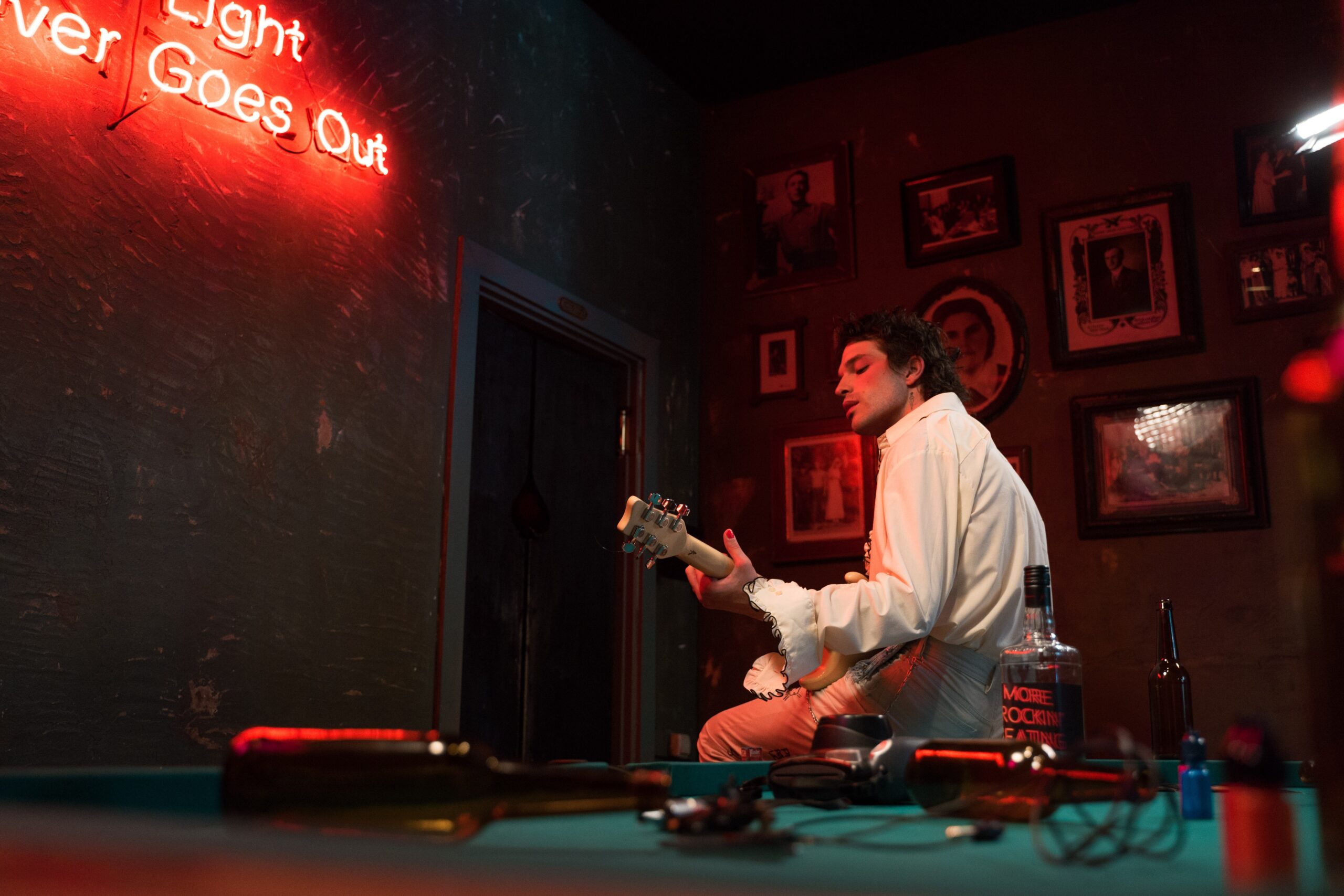
My fear in speaking about many of the topics in this blog is that I will sound like a disgruntled worker or bitter failure of a musician. This topic is especially sensitive. The idea that musicians should charge more money is a controversial one, even among the music community itself.
Society tries hard to convince us that if musicians and artists are not really damn special, we should find a real job. The problem is, it’s all subjective. I’m not the best. I never will be, and I’m not trying to be. I also wouldn’t even know how to define “best”. I do know I’m good enough, though, and definitely not a failure. I know I don’t have to be the best at something to earn a living.
And it’s possible I have grown mildly bitter, but I try to manage that by thinking of improvements and attempting to empower myself and others for a better world.
So, here we go.
Playing music is a legitimate profession
There is no reason we as musicians don’t deserve to be charging more money along with everyone else. In my mind, there’s not a whole lot to argue against this.
Playing music is a legitimate profession. It’s literally a service people hire us to do.
There are plenty of non-essential products and businesses that few people question. That’s most of what’s out in the world for sale, actually. And there are sales-people that go around to businesses selling products or services. That is exactly what we do when we reach out to a venue for a gig.
The majority of musicians are working locally in bars and small venues, no matter what they’re trying to achieve in the long run. Let’s forget about the idea of making it big. Maybe we’ll talk about that another time, but future endeavors should not affect one’s ability to make a living in the present. This post is for the everyday working musician attempting to make more money doing their job.
I think the reason most working musicians would want to expand is because bigger shows mean more money and more appreciation all around. That’s pretty much all I want out of my career. If I could find that consistently in regular bars and music venues, I’d be 100% fulfilled.
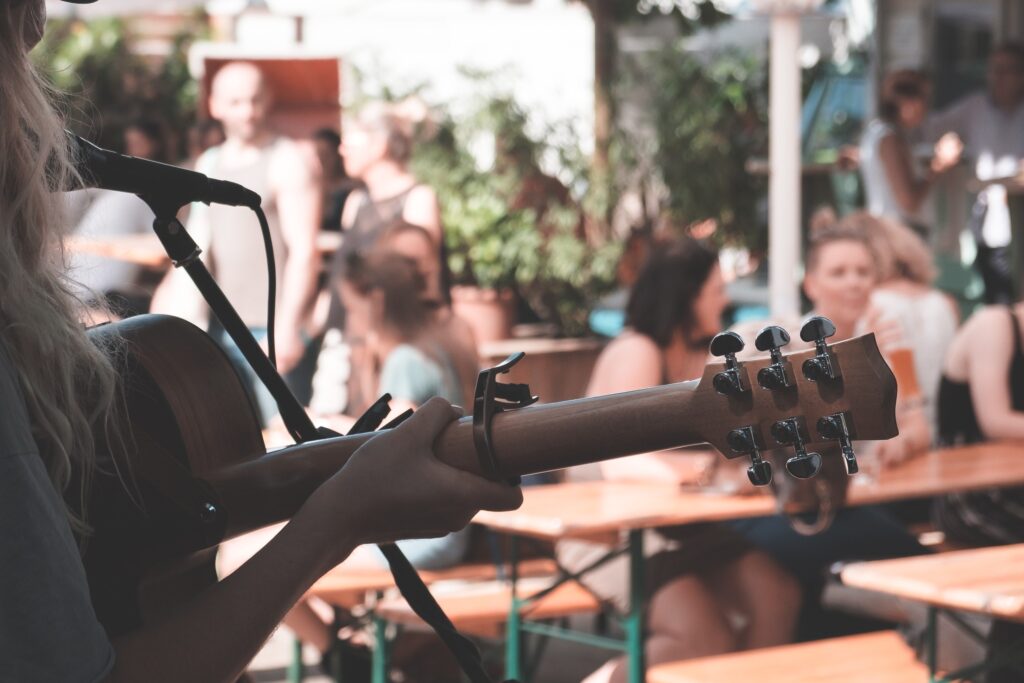
We also constantly hear people say they would rather spend money on experiences than buying more things.
Musicians playing at local bars and venues are the entertainment that is accessible to the public on a regular basis. They’re the everyday experience that people can access at their leisure.
So it seems silly to say that musicians shouldn’t have the right to charge more money for what they do.
Should musicians charge more money than the standard $100 per night?
Maybe you haven’t heard this yet, but I fear that soon enough it’ll sound like a broken record to you, too.
Musicians have been making the same pay for many decades. My dad said it to me 20 years ago, and I’ve since heard that repeated over and over, but nothing seems to change. It’s been this way since the 70s. That’s FIFTY YEARS.
It varies by musician and venue, but I’ve seen anywhere from $25 to $100 per person for regular bar gigs in the 70s. Keep in mind those same people are quoting their rent at the time as only $50-$100 a month.
Perspective: Our last (shitty) apartment in New Orleans before moving into our bus was $1150.
Alas, I personally make about the same amount of money playing music in 2022 as I did in 1999. An average of $100 a night.

Playing with different bands in New Orleans recently brought me anywhere from $75 on Frenchman St. for around 2.5 hours, to $125 on Bourbon St. for 4 hours.
Playing in my original project there as a duo brought us $200 total for a 3 hour night.
So yeah, it’s exactly the range I was making right out of high school, which was 3-4 hundred for 4-piece band for 3-4 hours.
And I just paid $9 for a bottom shelf vodka/cranberry in the Quarter a couple weeks ago…
Things aren’t adding up.
Why musicians should charge more money, for themselves and the greater good
It’s about more than us making a living as individuals. The whole system needs to change, and it won’t if it doesn’t start with us.
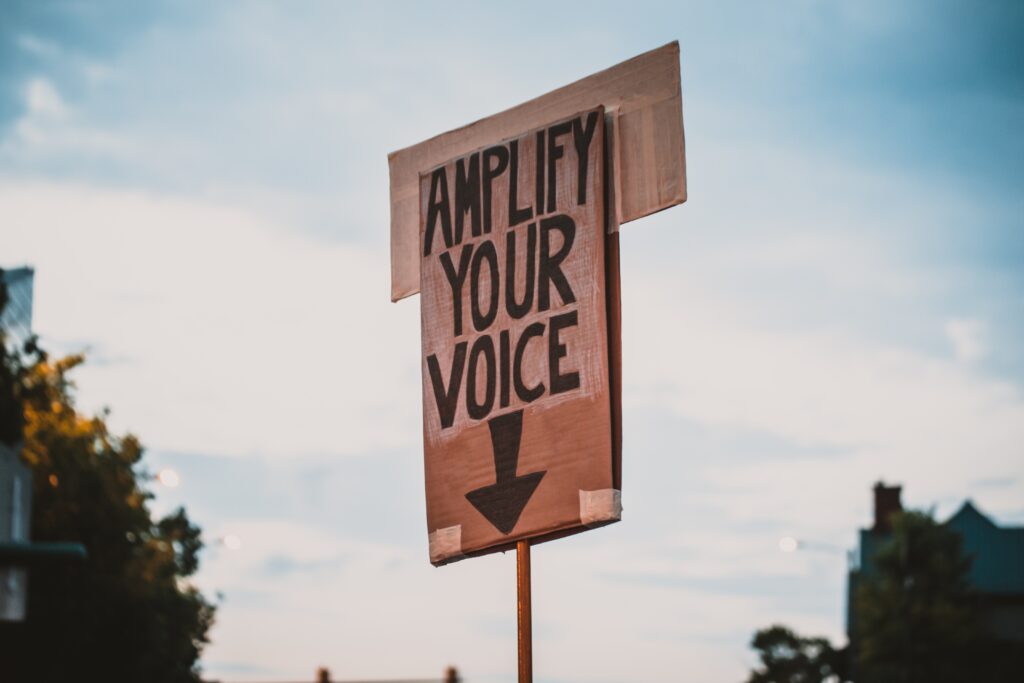
I’m in no way blaming musicians for accepting no pay, or less pay, or for not knowing what to do. Blaming other people at the bottom or competing with one another is misdirected and counter-productive. We aren’t the main reason things are askew.
Right now the bars are setting the price.
When we musicians get on board together and charge more money, the venues will have to align themselves with the new standard.
Bands have taken full responsibility for too long, which in turn has made it impossible to have any control over our livelihood.
Bars and venues need to take more responsibility for the people they hire. They need to put some skin in the game.
If they are paying more, they will start being selective and advertising appropriately. Right now, most put the responsibility on the musicians to decide they’re good enough to demand money and to draw in people.
We kind of need to force places to wake up and put their own stock in their business. They can do this by making intentional decisions about who works in their bar, what happens in there, and the overall vibe.
They can choose bands that are a good fit for the establishment- for what they actually envision their place to be- and then they will develop a reputation for that. No more absent, clueless business managers, please.
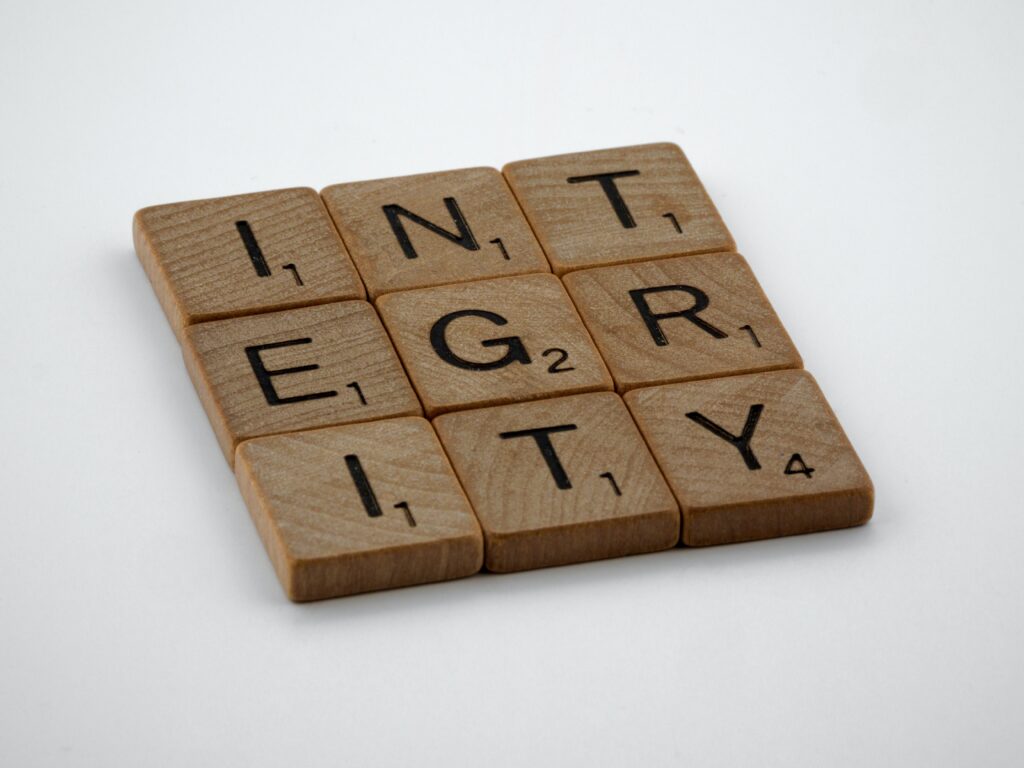
Probably another controversial opinion, but if it means less places stay afloat, so be it. And if it means less musicians play out, then we’ll need to adjust.
I don’t think that will actually happen, though.
Still, there is too much of everything as it is, and it comes at a cost to workers and society as a whole. It’s become a race to the bottom.
This outcome is actually a good thing in the long run, as it will enhance the experience (and money exchanged) for everyone involved in the places that last.
This is the real reason why musicians should start charging more money. It’s not just to benefit us as individuals. We have to consider how things are working together as a whole.
Arguments from musicians against the idea that musicians should charge more money
To the people who raise the question, “But where will beginner musicians cut their teeth and get experience?”
Well, at someone’s house or practice space, open mics and jams, parties, school functions, charity events.
What about, “If I want to take gigs without pay, it’s my choice. It’s the only way I’ll get to play” or “I have a full-time job and don’t need pay, so suck it and get a real job like everyone else.”

Yes, that’s an actual attitude out there among some musicians. I wouldn’t know how to even attempt to reason with that kind of person, and just have to hope they’re few and far between.
But I’ll just say the same thing: No matter who you are, you can still find places to play without undercutting peers and perpetuating low wages.
The thing that feels great about playing in a bar or venue is that they chose you to be there, but does it mean anything if you’re only there because you’re free or cheap?
Who knows, I might find myself in the not-playing-much category. I guess I’ll just record, play house shows, or throw my own shows.
Once again, think about the bigger picture and demand more for society as a collective.
Bars don’t think musicians should charge more money, either
Some musicians are part of the problem and can get in their own way. But someone has done a great job of conditioning society to recognize certain jobs over others as legitimate.
Why should bars be entitled to grow their businesses without the proper funds to pay workers?
Recently a new bar was asking for a deal, because they were just opening up and didn’t know how it would go. But wait…that’s every business. They are opening a bar in the French Quarter in New Orleans, wanting music, yet that somehow wasn’t included in their startup budget?

Also the argument that bars and venues are purely in the business of selling drinks and tickets needs to die.
Of course they need to sell those things to stay open, but they should be in the business of creating a space and experience people want to be a part of. Those people will in turn buy drinks and tickets. This is not the sole responsibility of the band playing that night.
Cool places that get more business and compensate staff appropriately are where it’s at. We need business owners who have invested in an environment that they care about.
Owning a building doesn’t make someone a good bar manager, just like owning an instrument doesn’t make someone a good musician.
The ones who stay will have an ability and a vision.
The right people will come if it’s an authentic experience, from dive bar, to classy cocktail place, to niche music venue.
Does anybody really want to go to a soulless place that’s the same as the soulless place down the street, anyway?

As it is, tons of places get juuust enough business simply because they’re there. That does nothing for the livelihood of workers or patrons during shows, by the way.
Alternately, I’ve had great shows in amazing places that on the outside might not look that special, but the heart and energy of the staff is infectious.
That kind of staff won’t be there if the people doing the hiring have no heart.
Let’s talk about exactly how much money musicians should be charging
Similarly to all low wage employees out there, working their asses off and barely surviving, why do we continue to accept it? I know it’s scary, but we musicians should charge more money and hold our ground.
We can’t work a normal workweek without our bodies failing. Fingers, mouths, and vocal chords just can’t handle 8 hours a day.
And anyway, music isn’t happening all day every day in most areas.
New Orleans is special that way.

But that begs the question: “If music is so essential there, why are musicians still only making $100 a gig?” More musicians per capita equals less pay, apparently. If they make us think we’re in competition with each other, they will get away with that indefinitely.
Even if everyone did manage to find 5 gigs a week at 4 hours each (6 hours total), that’s 30 hours on the job, all for around 500 bucks.
You realistically can’t count on those same gigs being every week, so add in time for contacting venues/networking, plus practice time/learning new songs, and finding fill-in players when needed. After all, most full-time musicians need to play in a lot of different bands. If not, they might find themselves with a night off and a hundred dollars short.
Even if we landed 5 nights at the same bar with the same band, playing the same songs, that’s basically a full-time job for part-time pay.
I guess it’s a good thing my musician husband and I found the opportunity to get a cheap old school bus and sleep on the streets.
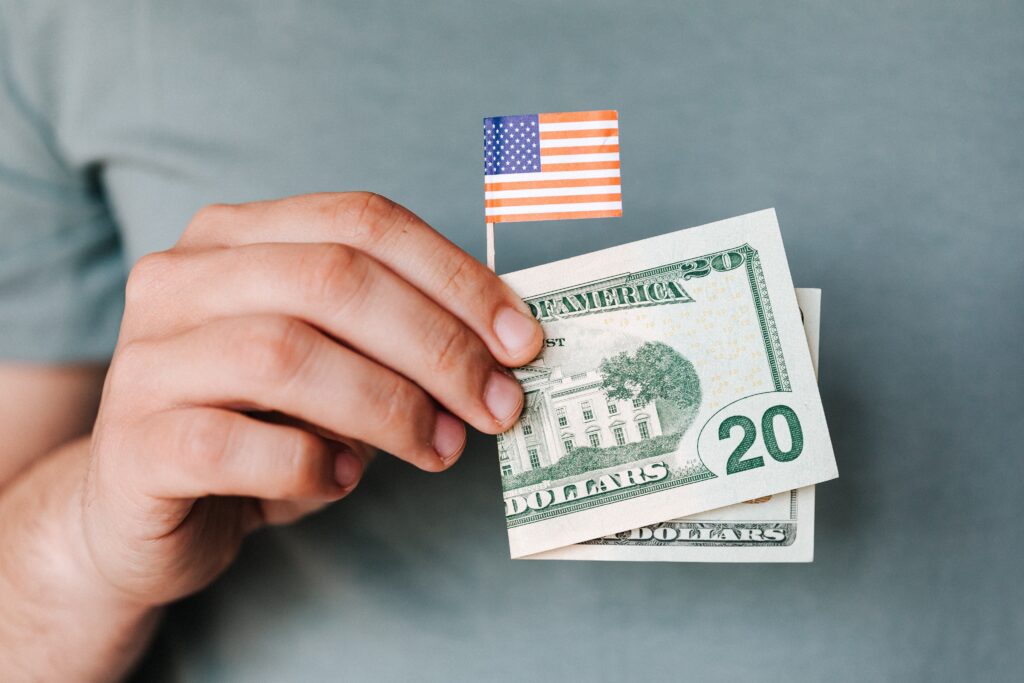
If it wasn’t obvious already, I am 100% burned out by our capitalist society’s race to the bottom. I feel we’ve all been gaslighted into submission.
There’s a large portion of the population that doesn’t even recognize a problem, and believes that bands (or really anyone) working for little-to-nothing is a right of passage or an indication of skill level or worth.
The clued-in ones are scared to charge more for fear they won’t get any jobs. Can’t really blame ’em. They have thrown up their hands and accepted the standard, or thrown in the towel altogether.
So again, what needs to happen first is musicians should start charging more money. That’s it. No more status quo. We will set a reasonable price for our service, with just a little wiggle room to our absolute bottom line.
This may vary by location and cost of living, but I’d say in this day and age, $200 per person per night makes sense. The prospect of asking that seems scary, but $150 and below is hovering too close to where we’re already at, and it’s not enough to live on.
That amount isn’t making anyone anywhere near rich. For perspective, $200 in 5 nights is still less than what my last apartment cost.
When you start to feel guilty, thinking you’re not as worthy as the next person, or thinking it’s not busy enough to warrant that amount, remember that your time slot is not the only time the bar makes money.

Also remember that $9 cocktail I mentioned earlier…What makes that cocktail so worthy?
So how exactly do musicians start charging more money? How do we hold our ground?
This advice is pretty straightforward, but in practice may take some internal work. The first thing to do is get it through our heads that we deserve to be paid what we need. Next, we simply start asking for more money, and we turn down offers that can’t reach our bottom line.
Here’s an article that lays out a few pricing strategies. Hint: Ignore the first one.
This may sound extreme, but I would rather not play music for a living if it means perpetuating the holding pattern we’ve had going on.
50 YEARS…
Holding our ground is where charging more money starts to feel sticky and uncomfortable. I’ve started to deal with that by removing my personal doubts of worth and my fear of confrontation, and I instead just look at the numbers.
I simply won’t make enough to get by if I don’t charge enough.
I also remind myself that, while this particular project may be newer, I’ve been a professional musician for over 20 years.
Even if you don’t have as much experience, if you sound good enough for the person doing the booking, you should be able to charge that new standard rate of $200 a night.
“Paying your dues” is an antiquated notion used to justify an imbalance of power. You learned, you practiced, you bought all your gear. Enough already.
I can usually tell in communications when a bar doesn’t want to pay, versus those that can’t afford to.
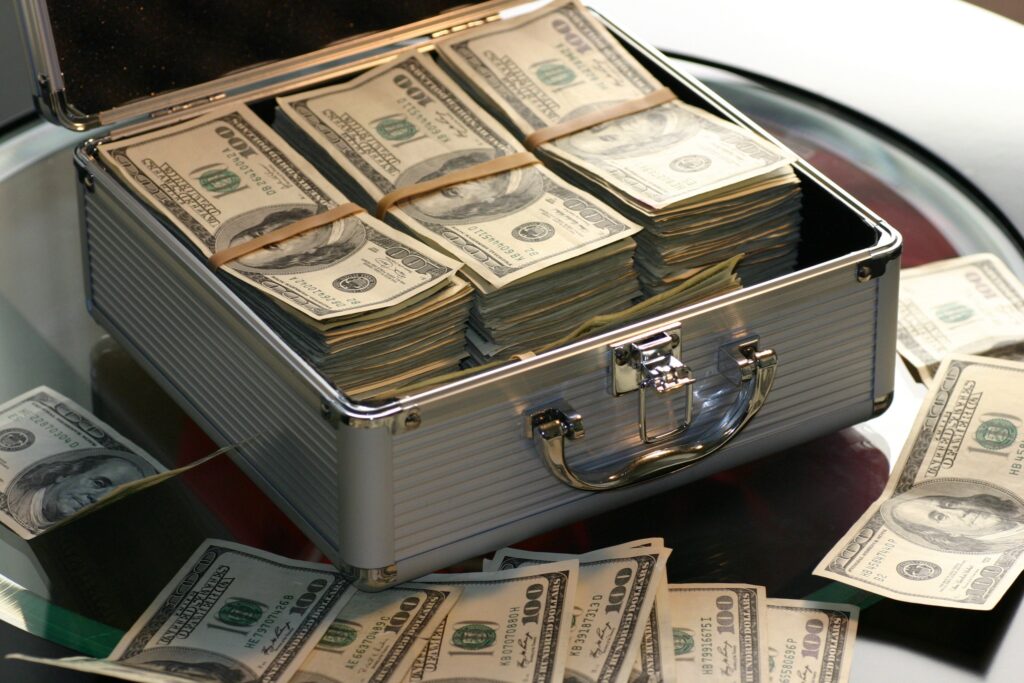
The ones that don’t want to seem to come right out with what they pay without asking what you charge, or they will add “extras” to make the offer sound better.
The ones who can’t afford it will probably ask what you charge, and then explain why they need to negotiate.
Example #1:
A wine bar near New Orleans replied to my email with something like, “We could have you on this date. Our rate is $100 for 3 hours. Let me know if that works for you.”
Aside from being an offer so low I could never accept it, something I always keep in mind is that established businesses like this can afford to pay more. They’re a fancy place and their reviews go back 9 years.
This helps me stay on track with my convictions.
I let them know that unfortunately our absolute bottom line for 3 hours was $250, and then we all said thanks and left it on good terms.
You may have noticed that I didn’t even go so high as our new standard rate. Forgive me for my desperation.
Example #2:
We told another place in Texas that we charged between 3-4 hundred, depending on how many hours, so of course he said, “Great, I’ll pay the $300 amount for 4 hours.”
We remained assertive in response, and let him know that the $300 was for a shorter night. He then went on to say that with breaks, we’re actually only playing 3 hours.
If we wanted to go back and forth with this guy, we could have let him know that a 4 hour night with our own sound system means more work for 6+ hours, but it didn’t seem worth it.
This is not the kind of person we want to be working with, and I can almost guarantee that gig would not have been fun.
But what’s the difference if we’re there an extra hour?
I have a musician friend that I texted about the last example, as I tend to relay my frustrations regularly. His response was, “Eh, 4 hours is pretty much the same as 3.”
But then a few weeks later we got asked to fill in with a band at a bar that wanted 5 hours of music for the same as the standard 4 hour pay…and my friend said, “Eh, 5 hours is basically the same as 4.”
Very funny. Seriously though, I want to know where it ends.
Look, I get it. Why argue over an hour when it could mean no gig at all? Well, one good reason, and the only reason we need, is that’s what we charge.
But every now and then that seems petty.
So another good reason is that 4 hour gigs can be an absolute slog. Not every time, but often enough to warrant my hesitation to play a 9-1. One hour can truly be the difference between loving my job and questioning my whole existence. In a lot of places, no one cares you’re there after hour 2.5 at most, including yourself. You can’t pick and choose the best, you just have to play everything.
So no, 4 hours is not the same as 3, and musicians should charge more money for more time.
Okay, one more example to bring it home…
Example #3:
When trying to book through Tennessee, one brewery contact said they could offer us $100, beer, tips, and love. Makes me cringe every time I think about it.
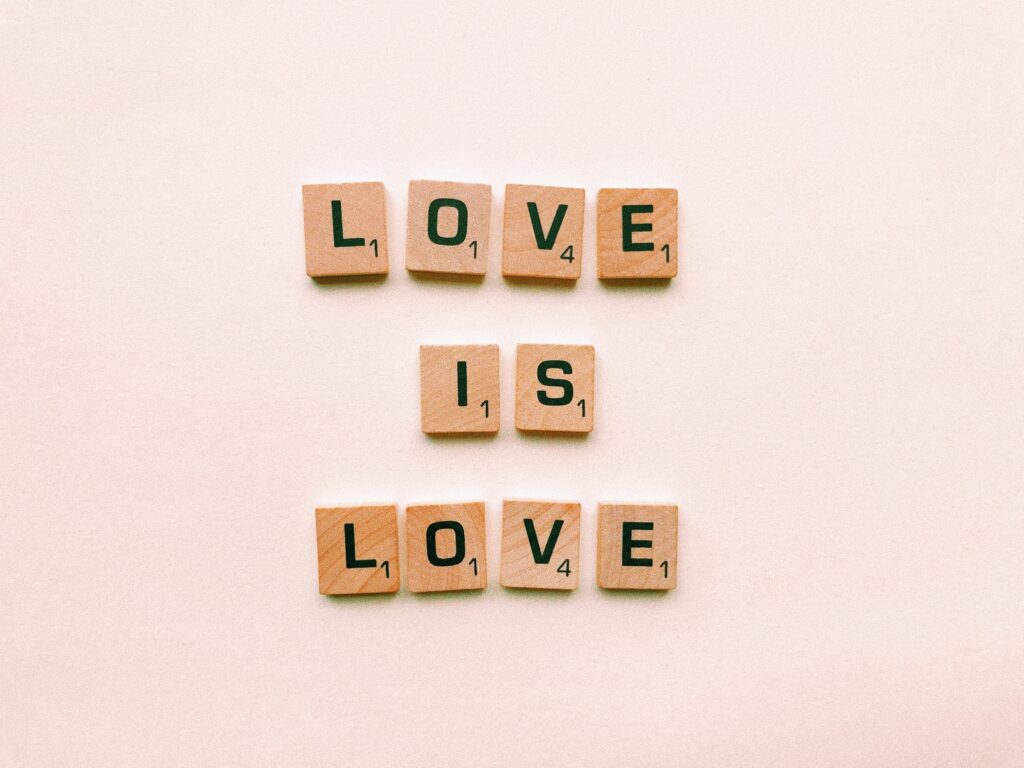
One, any place that doesn’t give you drinks is stingy as hell, so that offer is not really a bonus.
Two, a tip jar is standard everywhere. Once again, not a bonus, especially when money in that jar at the end of the night is not guaranteed.
Three, if this “love” you speak of isn’t in the form of another few hundred dollars, I don’t want any part of it.
I replied cordially that we have a higher rate, but that I would reach out if our bookings take us directly through town.
When possible, I like to leave things open for an opportunity to reach out at a later date.
Now Get Out There And Start Making Your Living
If we all keep in our heads that we’re worthy of a living, and begin asking for what we’re worth, I know we will start seeing a change in this industry. I hope this has helped you start building the confidence to get out there and make the money you deserve for your time and your music. I hope my words stay with you and are considered during your booking process. Musicians everywhere are counting on you.